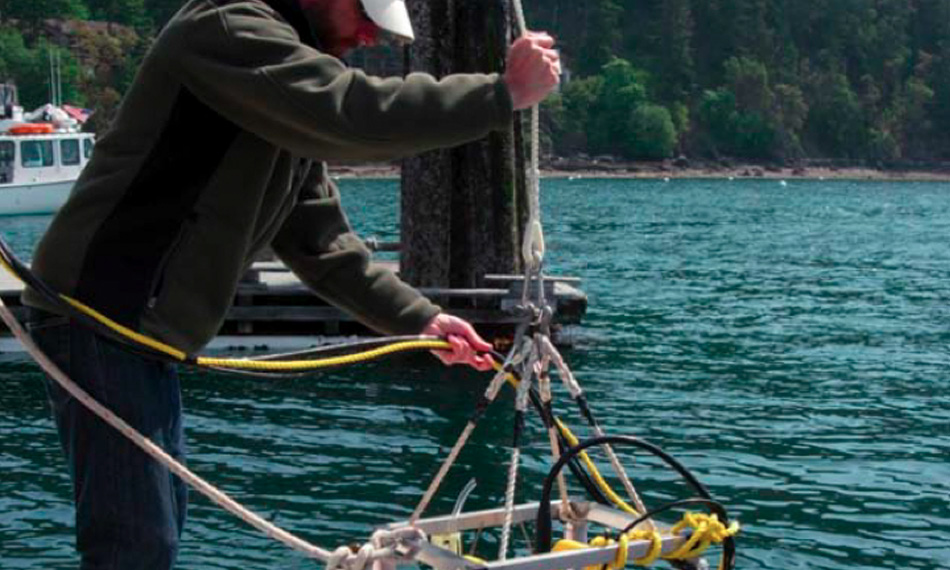CUSTOMER SUCCESS STORY
Autonomous Flow Cytometer Benefits From Compact, Efficient OBIS Lasers
The Challenge
Flow cytometry can be configured for analyzing a far broader size range of particles than just blood cells or sperm, and to do more than just count or sort. CytoBuoy b.v. (Woerden, Netherlands) specializes in instruments that are intended for counting, shape analysis, and imaging of all types of particles (e.g., plankton, microplastics) in the ocean and lakes. They have a growing demand for their compact, multi-wavelength instruments that can operate unattended for extended periods, floating or submerged in the sea.
The Solution
Their CytoSense instruments combine a large 1 mm2 flow cell to support large particle detection, with an optical system that generates a uniform (flat top) laser profile across the width of the flow stream. This allows users to simultaneously detect extremely small species like Prochlorococcus marina, independent of small deviations in their location in the flow stream. Another unique aspect of the CytoBuoy approach is fast digitization of each detector signal. The typical 4 MHz detector speed translates into a data point every 0.5 microns for a particle flowing at 2 m/s through the sharp laser focus, enabling imaging and shape determination.
All the instruments use the 488 nm wavelength which is optimum for exciting autofluorescence in phytoplankton. They also commonly use a second laser at either 405, 445, 532, 594 or 637 nm. CytoBuoy uses OBIS lasers since these lasers all have identical form, fit and function, independent of wavelength, simplifying instrument design.
The Result
CytoBuoy CEO, George Dubelaar explains, “Autonomous operation for months is critical for many of our customers. So we are always striving to improve reliability and extend maintenance intervals. OBIS lasers meet all our needs here. They are compact, high reliability lasers that are energy efficient with a low thermal budget; the entire instrument must operate on the power from on-buoy solar panels.” CytoSense instruments are also used in bioprocess monitoring and for biomedical analyses.
“OBIS lasers meet all our needs here. They are compact, high-reliability lasers that are energy efficient with a low thermal budget."
— George Dubelaar, CEO, Cytobuoy, Woerden, Netherlands
